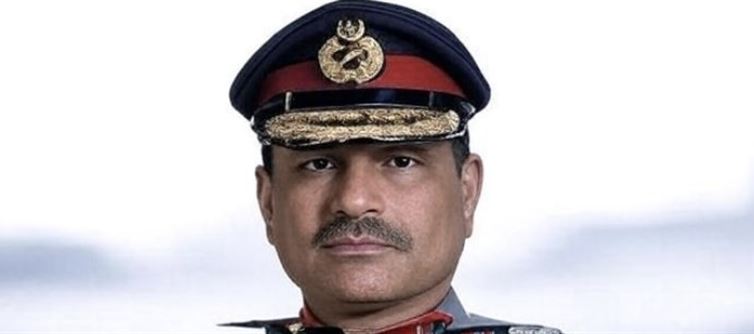
Critics, both domestic and international, have voiced skepticism over the rationale behind the elevation. Traditionally, the rank of Field Marshal is reserved for individuals who demonstrate extraordinary leadership and strategic brilliance in wartime. The contrast between Munir's reported behavior—taking cover in a fortified location during active conflict—and the accolades awarded to him has raised eyebrows among military analysts and the public alike. While officials argue that leadership is also about making prudent, survival-based decisions during conflict, detractors see the promotion as a politically motivated move aimed at reinforcing internal military hierarchy and morale rather than rewarding battlefield heroism.
This episode also underlines the complex civil-military dynamics in Pakistan, where the military holds significant influence over governance and national policy. The elevation of Munir might signal attempts by the civilian leadership to bolster relations with the military establishment or maintain stability within the ranks following a period of heightened tension. However, the optics of promoting a general for what appears to be a retreat to safety rather than direct command could undermine the perceived integrity of military honors. As regional tensions persist, symbolic actions like these are likely to attract scrutiny, both for what they reveal about internal power structures and for their implications on Pakistan’s image in the broader international arena.




 click and follow Indiaherald WhatsApp channel
click and follow Indiaherald WhatsApp channel